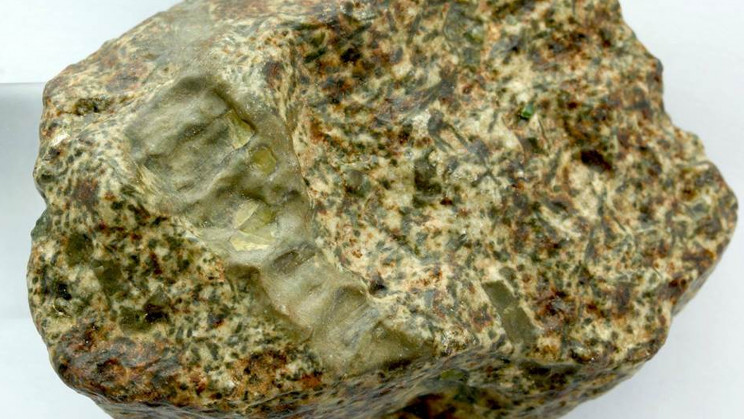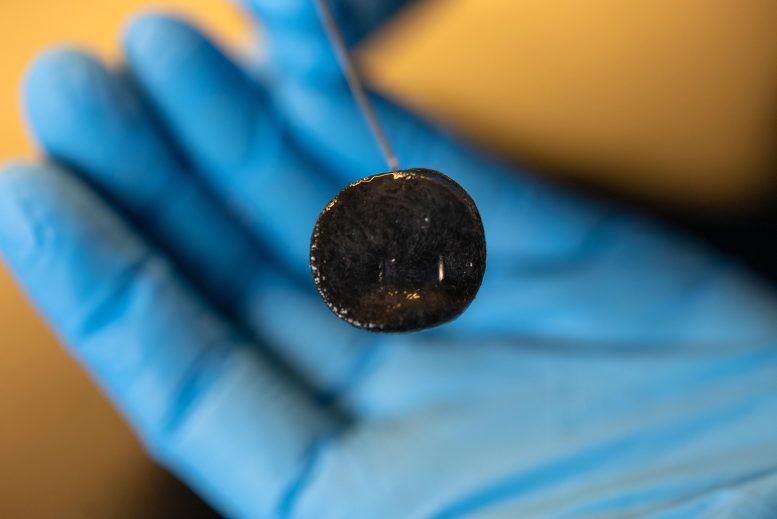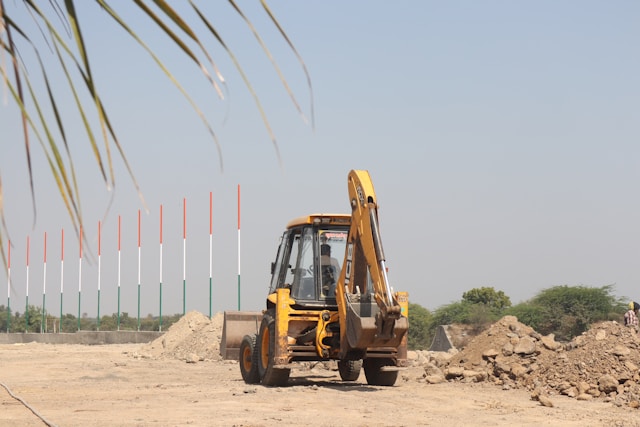In 2020, a meteorite landed in the Sahara Desert. Now, scientists have discovered that it is about 4.6-Billion-Year-Old.
This makes this volcanic rock older than Earth, which is roughly 4.54 billion years old. According to scientists, it is officially the oldest known example of magma from space.
According to analysis, the meteorite’s age and mineral content suggest that the rock originated in our early solar system. Scientists propose that it might be originated from the crust of a protoplanet.
Most meteorites originate from sources with basaltic crusts and are rich in iron and magnesium. But unlike usual meteorites, it is formed by a volcano. This suggests that it is probably a chunk of a lost planet that was destroyed during the formation of our solar system.
As a result, its chemical composition was rich in silica. That suggests that it emerged from a partly-melted magma reservoir in the parent body’s crust. So, it is probably a chunk of a lost planet that was destroyed during the formation of our solar system.
The meteorite is named Erg Chech 002 (EC 002), after the Algerian site where it was discovered.
The study authors explained, “This meteorite is the oldest magmatic rock analyzed to date and sheds light on the formation of the primordial crusts that covered the oldest protoplanets,”
“No object with spectral characteristics similar to EC 002 has been identified to date.”
Researchers foresee that EC 002 offers a spectacular opportunity to fine-tune our understanding of the history of our solar system.







